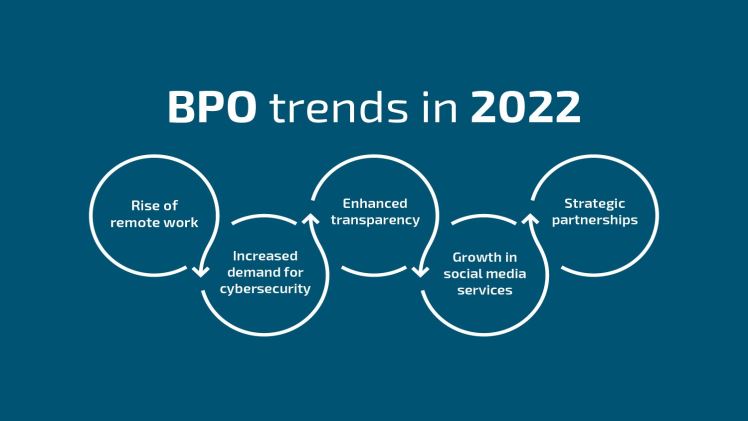The Growing Influence of Social Media on BPO Operations

Social media has significantly influenced Business Process Outsourcing (BPO) operations, reshaping how companies engage with customers and manage client relationships. In an age where social media platforms are integral to communication, contact centers are adapting by integrating these channels into their service offerings. This shift reflects the evolving consumer behavior and the need for businesses to provide responsive, personalized, and efficient customer service through multiple channels.
The rise of social media in outsourcing operations is driven by its ubiquity and the changing preferences of consumers. Customers increasingly expect businesses to be present and responsive on social media platforms, using these channels for everything from inquiries and support to feedback and engagement. This trend has prompted contact centers to include social media management as part of their customer service and engagement strategies.
One of the key impacts of social media on outsourcing operations is the transformation of customer service. Social media enables real-time, direct communication with customers, offering a platform for quick resolution of queries and proactive customer engagement. This immediacy and accessibility can significantly enhance customer satisfaction and loyalty.
Another significant aspect is the wealth of data available through social media. Outsourcing companies can leverage analytics tools to mine social media for customer insights, understanding preferences, sentiments, and trends. This information can be invaluable for tailoring customer service strategies and informing broader business decisions.
However, integrating social media into operations presents several challenges. One major challenge is managing the vast volume and variety of interactions across different platforms. Contact centers must develop efficient processes and employ advanced tools to monitor, respond to, and manage social media interactions effectively.
Another challenge is maintaining consistency and quality in customer interactions. With multiple agents handling social media communications, ensuring a consistent brand voice and quality of service can be complex. This requires comprehensive training and robust quality control measures.
The impact of social media extends beyond customer service. It influences brand perception and reputation. Positive interactions on social media can enhance a brand’s image, while negative experiences can quickly escalate and cause reputational damage. Therefore, effective social media management is crucial for maintaining brand integrity.
Looking forward, the role of social media is likely to grow further. As social media platforms evolve and new ones emerge, contact centers will need to continuously adapt their strategies and tools to engage effectively with customers. This will likely lead to more sophisticated social media management solutions and integration of technologies such as AI for enhanced customer interaction.
Social media has a growing influence on outsourcing operations, reshaping customer service models and engagement strategies. By effectively integrating social media, outsourcing providers can enhance customer satisfaction, gain valuable insights, and strengthen brand reputation. However, managing this integration presents challenges that require strategic planning, investment in technology, and continuous adaptation. As the digital landscape evolves, the ability to effectively leverage social media will be a key factor in the success and competitiveness of contact centers in the global market.

